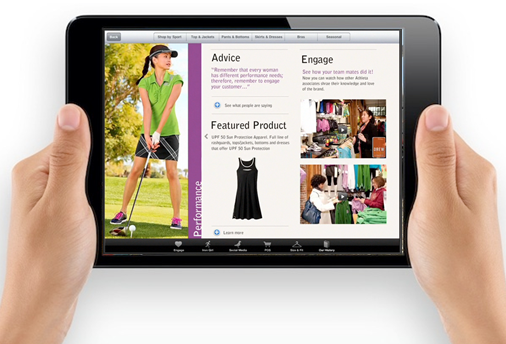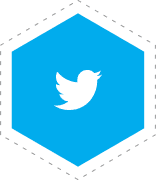Learning in the workplace has always had a strong element of “social.” Think about being walked through the office on your first day by a new colleague. Or tapping the shoulder of your officemate to ask a question, and getting a quick response so you can continue your work. Think about how many challenging problems you’ve solved over lunch or a cup of coffee. These are not formal learning events: no one is showing up for a class or logging into an LMS. Yet these social learning experiences move business forward every day.
We know that informal or social learning experiences are necessary and valuable, but we need to identify ways to orchestrate and facilitate them. At a fundamental level, humans connect through shared experiences, and that connection helps people retain information. Social learning works best when individuals and teams have a genuine purpose, need, or interest (such as dealing with a common issue or problem), rather than doing something because they’re being told to. Social learning strategies should leverage what people are already doing: sharing and collaborating.
For example, for one of our retail clients, we incorporated social learning into the stores themselves. The store teams have weekly team huddles, which are brief, 15-minute, “what’s going on” meetings led by the manager. The meetings have an informal feel; there’s no formal training plan. Based on the group discussion, however, the manager has the opportunity to facilitate discussions on new product training, or suggest a role-play in which associates can learn from each other.
For a different retail client, we developed a prototype for a custom, native iPad app for new-associate training. Beyond the formal training and point-of-sale functions on the app, new associates could use it to connect with new associates at other stores. They may only have one or two new associates at a given store at one time but, across the organization, there is a larger group who can learn from each other. The app facilitates them learning about other new associates and their areas of expertise, asking questions, and sharing advice and ideas.
How about you? How have you incorporated social learning into your programs?




